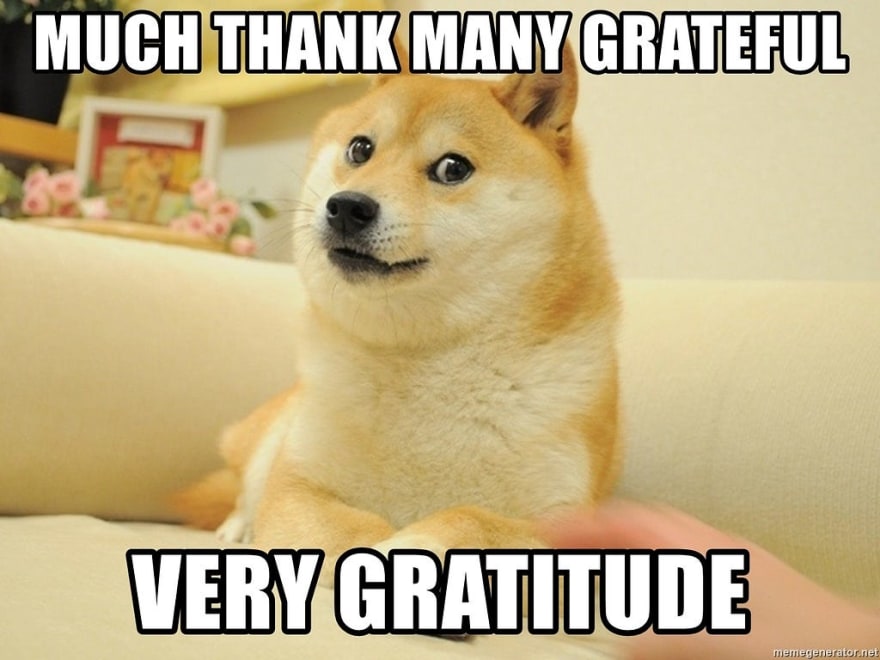It’s complicated; Dealing with workplace drama.
Everybody, at some point, will encounter a challenging colleague. Being able to deal with a person like that is part of developing conflict resolution skills and learning to overcome those setbacks.
In the following paragraphs, I will try to illustrate how I deal with these situations.
What do you mean by difficult people? 🤔
To be honest, we have to know that not everyone we struggle with is someone who tries to give us a hard time, as every relationship will have friction moments. Even though it’s hard to put people’s nature into categories, the below image illustrates some traits that can be classified as “difficult” in people we meet (and I bet you can think of more):
Understand what’s really going on 🙄
First, try not to assume that everyone is against you; this might be true in some cases, but you should also try to understand what is really happening. Furthermore, assume best intentions (until they prove otherwise). It allows us to work toward a solution.
Second, I would take a different perspective, what if you are part of the problem? Think if you find that you believe that everyone you work with is creating a problem, you might be the problem. Try moving forward (easier said than done, but acknowledging that is the first step) and get them out of your head.
Another option is to try seeing the situation from the other person’s point of view. Sometimes, just understanding where they are coming from creates the opportunity to respond with empathy.
If the above doesn’t work out, you might be dealing with a toxic person. If such a case, as much as possible, don’t take what they are doing as a personal attack; it is not you that they “hate”; it is everything different than their beliefs. They are just looking for a target. Rise above.
Whatever you do, don’t respond emotionally; you’ll play into their hands. The problem is theirs and not yours. Find people who care about you to speak about it and lean on them, but keep the circle small and don’t share it with everyone. Be intentional about where you ask for help.
Ok, ok — so what to do? 🙋🏻♀️
Focus on solutions, not problems. Communicate! Try to communicate in person whenever possible. You might not have been clear with them in the past. So try involving someone you trust to act as a mediator, a buffer between you and them who prevents you from responding poorly to them and not engaging emotionally.

Be honest, share what you see as the difficulty without assigning blame. The goal is to come to a common ground so that you both understand clearly the real issues. Be clear, direct, and brief. Share what you are dealing with and ask the other person to help you understand their position.
Nevertheless, be aware that not every issue you have with another person will be resolved. Try to understand, reconcile, then leave knowing that you did everything you could.
A mentor’s advice (it might be your manager, colleague, or someone else you trust) can help you navigate the next steps. Since each situation is different, it is hard to say the next steps ahead of time. Yet, the right person can provide great direction so that you can move forward. Just remember to keep the circle small.

Lastly, Gratitude makes us happier. Redirect yourself toward the positive. In time, I learned that surrounding yourself with positive people, thinking about everything you do enjoy about your job, and talking about those things with other people help fight toxicity.
Conclusion 🤗
Getting along with difficult people can be challenging, but it doesn’t have to dominate your day. See things clearly and act intentionally. Let facts guide you, not emotion, and seek to grow through difficulty while helping others.










Top comments (0)